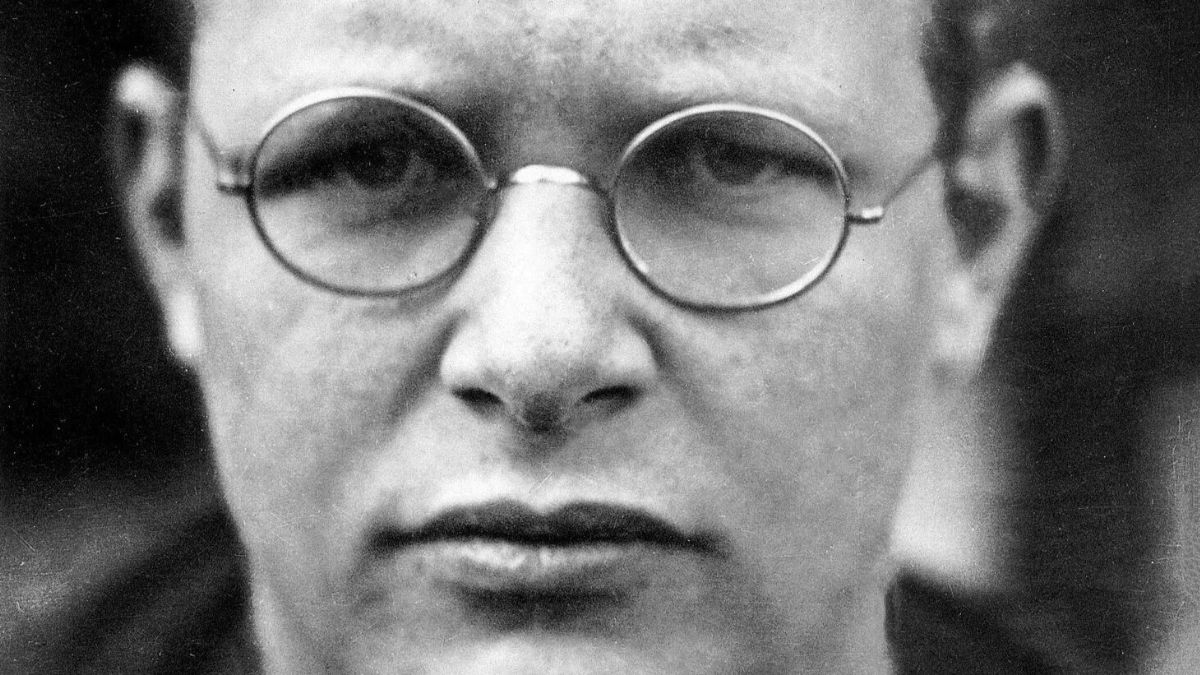

BreakPoint
Honey, I Killed the Kids
The nation is still in shock over the recent shootings at Columbine High School in Colorado. But imagine if someone were to argue that the killings were no big deal; that we had no right to judge? Of course, such a stance would be roundly condemned, and rightly so. But when it comes to children murdered long ago as part of pagan religious practices—well, we're hard put to find anyone willing to condemn that. Recent news reports of an archaeological find in Argentina show just how far cultural relativism has permeated our culture. Last month, a team of National Geographic explorers discovered the amazingly well preserved bodies of three Incan children between the ages of 8 and 14. All three were apparently sacrificed to the local mountain gods some 500 years ago. Incan human sacrifices usually involved strangulation or a blow to the head, but experts conclude these children were buried alive, probably after being forced to drink a mixture of corn liquor and hallucinogenic drugs. The photos of these murdered children are heart-rending. Of course, if American parents were to treat their children this way today, the press would be horrified, and rightly so. Yet, few press accounts of the recent discovery express the slightest revulsion against the Incan practice. In fact, the experts cited appear to be going out of their way not to make any moral judgments. For example, Newsweek quotes Mario Lazarovich, a director of Argentinean cultural heritage, says the children "exude an air of tranquility... their death was not violent, and this allows us to see the ritual from an Inca point of view: this was not a time of terror and horror, but of peace and worship.” Tell that to the kids who were drugged and then buried alive. This unwillingness to judge the practices of other cultures is an example of cultural relativism—an effort to deny that Judeo-Christian culture is any better than any other. Most anthropologists will defend even the most barbarous customs as legitimate practices, which no Westerner is allowed to judge. But the truth is, some cultures are morally superior to others. It's a fact that the Judeo-Christian culture recognizes that humans are created in God's image and that human life is therefore sacred. And most non-Christian societies hold no such view. That's why they practice ritual murder, as the Incas did, or cannibalism, as the Korawai tribe in New Guinea does today. It's why the ancient Spartans left their weak and disabled infants in the wilderness to die of exposure or to be eaten by wild beasts. It's why the Chinese tolerate the killing of unwanted female infants. Cultural relativism, which is so predominant on American campuses and across the culture as well, is a cancer eating at the moral foundations of our society. For if we can't make moral judgments about the murder of Incan children five centuries ago, how can we judge the murder of American children today? So when we read news accounts that reflect the cultural relativism so popular among the educated elites, let's use them as an opportunity to teach our children and our neighbors the rich heritage Christianity gives us—which alone provides the deep and enduring respect for life without which civilized life is simply not possible.
05/17/99















